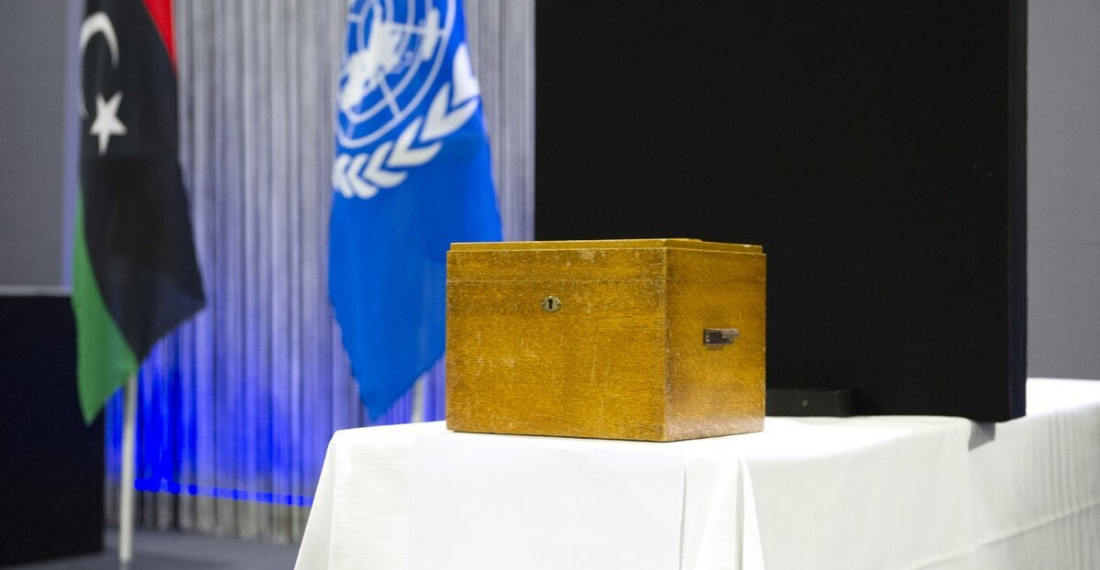The political process in Libya risks being thrown into turmoil amid reports of bribery during the selection of an interim prime minister in a UN-sponsored process.
The UK's Guardian newspaper and various news agencies have published leaks from a confidential UN report that suggests that interim prime minister Abdul Hamid Dbeibah gained his seat after at least three delegations were bribed to attract votes during a UN-sponsored dialogue forum. The amount of the bribe is estimated at $200,000 according to the leaked information.
The inquiry reports that a row broke out in the lobby of the hotel in Tunis were the meeting was being held after delegates discovered that the bribe for their vote was lower than the $500,000 that was reportedly offered in secret to others.
The rumours of bribery have been known in Libya since Dbeibah was elected. The 75 members of the Libyan Political Dialogue Forum (LPDF), who were in charge of selecting the new authority, are likely to have rejected the prospects of Fathi Bashagha of the GNA and Ageela Saleh of the House of Representatives being included in the list.
The interim prime minister’s office has described the claims as fake news designed to disrupt the political process. The new Libyan executive asked a committee of experts from the United Nations to quickly disclose the results of its investigation.
"We call on the United Nations Committee of Experts to expedite the disclosure of the results of the investigations and the momentary investigation that it conducted into the allegations of bribery during the Libyan Political Dialogue Forum."
The executive authority also said that everyone who has been proven to be involved in corruption will not be allowed to assume any responsibility as the country intends to march towards the unification of institutions and achieve reconciliation.
Other participants from the LPDF also rejected the allegation via statements on social media.
The UN report will be published on 15 March after finishing the investigations.
Elham Saudi, the director of Lawyers for Justice in Libya and a member of the LPDF, abstained from voting due to concerns about the process.
“The root cause of this is there was a rejection of any meaningful criteria to those standing concerning their record – and the allegations against them – concerning human rights and corruption. That approach is now risking undermining the credibility of the whole process.”
On the other hand, the House of Representatives is supposed to give a vote of confidence in the new authority but it is likely the vote will be delayed until the UN report is published.
Dbeibah has only submitted a proposal containing his vision for a unity government but no names yet to the parliament. Dbeibah said that he had full confidence and hope that the parliament would agree to the government.







